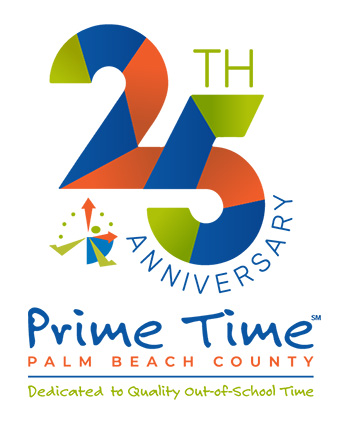9:00 am - 10:30 am
It was a great experience, I learned a lot. It gave me the opportunity to see some areas where I need to work to better my leadership and my program!
Lorena DAfterschool Professional
Inspired to Empower Teens Part 2 – VIRTUAL
Please note: Only afterschool practitioners working with middle school, high school, or fifth grade elementary youth should register for this training.
Participants are REQUIRED TO ATTEND ALL TRAININGS in the series and complete assignments in between trainings.
By registering for this training, you are committing to all training session dates.
Part 1 – First Steps
Part 2 – Cultivating Your Potential
How can you motivate and empower teens? That is the driving question behind this foundational two-part training series that focuses on your powerful role as a middle school practitioner and examines your potential effect on teens. While considering the purpose and motive behind your work as a Youth Development Professional, you will learn how to develop your potential to strengthen, inspire and empower young people.
Upon successful completion of this training series and follow-up assignment(s), the participant will earn 4 clock hours (.4) CEUs of training.
First Steps – Part 1
Training Objectives:
Participants will:
- Describe the role of a Youth Development Professional.
- Discuss the interactions and feelings associated with empowerment.
Cultivating Your Potential – Part 2
Training Objectives:
Participants will:
- Identify factors contributing to young adult success.
- Practice using SMART goals to improve potential to empower youth.
Core Knowledge, Skills and Competencies Addressed (CKSCs):
Professional Development and Leadership
Responsibility and Commitment
Apply -B. Models a positive and respectful attitude when working with children, youth, and others.
Ongoing Professional Growth
Apply -B. Develops and implements a professional development plan.
Leadership and Advocacy
Identify – A. Recognizes the importance of leadership skills, self-advocacy, and being a voice to support children, youth, and families.
Primary QIS Scales Addressed:
I. Safe Environment
I-E. Creating Safe Spaces

